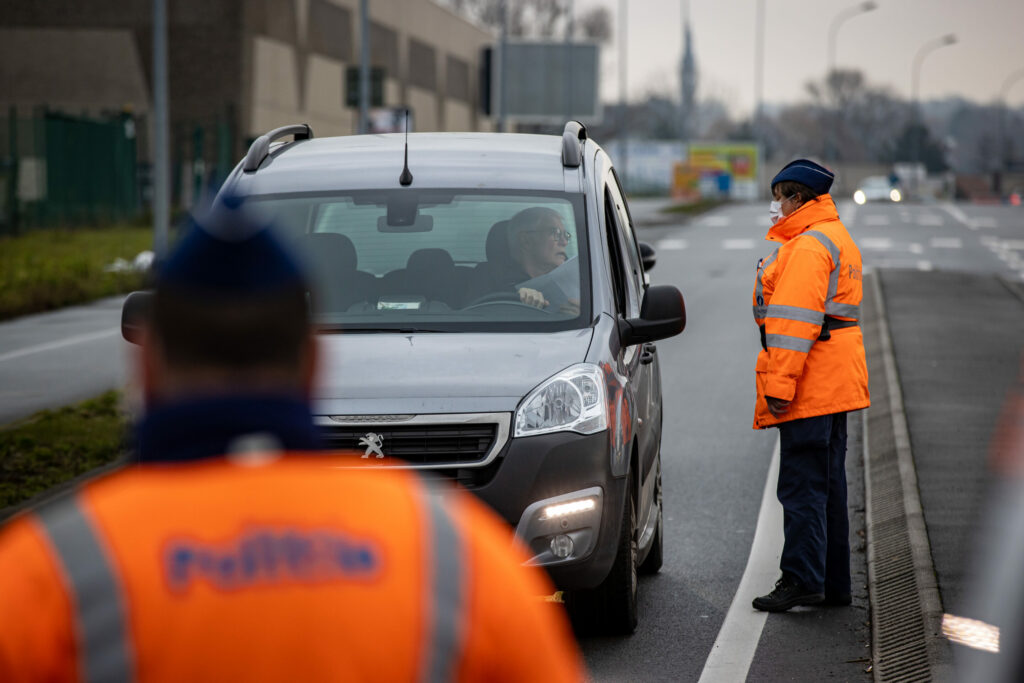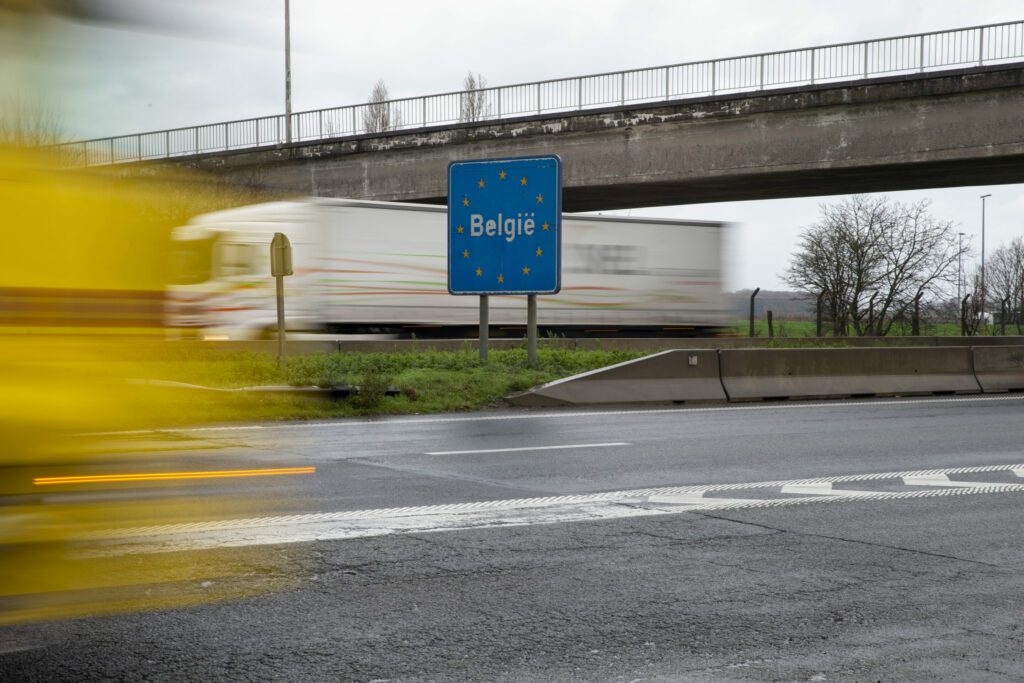The decision by some countries to temporarily reintroduce border checks has raised concerns about what this could mean for the future of the Schengen Area and the rights of asylum seekers.
France last week confirmed it would reinstate checks at all its borders for six months, following in the footsteps of Germany, Denmark, Italy and Austria. This goes against the principle of the Schengen area – a trademark European Union (EU) agreement that enables citizens to travel freely between countries without undergoing border controls.
"This is legal, but only in a temporary sense," Migration and Asylum Researcher at Odisee University College, Pascal Debruyne, told The Brussels Times. "Only in emergencies can countries bring back border checks for months at a stretch", as stated in the Schengen Borders Code (SBC).
According to the SBC, border checks can only be introduced as a last resort "in the event of a serious threat to public policy or internal security". Countries have cited "increasing migration flow" as grounds for bringing back border controls in. But experts contest this, arguing that migration figures don't justify the repressive move. "Neither in Germany nor in France do we see a significant increase in the number of asylum applications," said Debruyne.
Thomas Willekens, a policy advisor for Refugee Work Flanders (Vluchtelingenwerk Vlaanderen), told The Brussels Times that this is an example of European Member States and politicians problematising migration to gain public support.
"This is a recurring trend. It is very concerning that countries are introducing border controls because they consider people seeking refuge as a threat to national security."

A police control at the border between Belgium and France as travel restrictions were imposed during the Covid-19 pandemic. Credit: Belga
Domino effect
Debruyne highlights the wider context, in which tighter border controls align with a (far-) right agenda that is increasingly influential at national and EU levels.
But whereas far-right movements previously sought to break up the EU, their strength in the bloc now allows these political groups to challenge key EU principles from within. He points to the role of right-wing parties in steering policy including the EU Migration pact, increasingly betting on externalisation and the detention of asylum seekers.
"At the same time, they are betting strongly on protecting national sovereignty to undermine Europe and its position as a post-national State. It is a double game, and they are succeeding on both levels."
Though not necessarily in government, the far-right nonetheless exerts considerable influence. Debruyne cites the Alternative for Germany (AfD) in Germany and the Rassemblement National (RN) in France, which have "put pressure on more moderate parties" to reintroduce border controls and in doing so undermine the Schengen Area. "They are chipping away at the ideological foundation of Europe as a post-national State."
This will likely have a domino effect, Debruyne warns. "The extreme right is incorporated into the Dutch government, which could spur the Netherlands to do the same. Belgium may follow suit, especially with a more right-leaning government imminent."
And who knows where the restrictions will lead? "These parties are slowly pushing the boundaries of what is legally possible. For now, they are working towards a temporary suspension of Schengen but by doing so, they are also pushing the boundaries of Europe's existential existence," Debruyne cautions.
A European Commission Spokesperson told The Brussels Times that its position is clear, and that reintroducing border controls must remain exceptional, strictly limited in time and a measure of last resort. "The Commission and the Schengen Coordinator are working closely with all Member States that currently have internal border controls in place."
If a Member State prolongs the internal border controls for one year or more, the spokesperson added, the Commission would issue an opinion. However, it cannot veto the decision.
Driving political debate
Willekens voices his reservations about the EU Migration Pact and describes how he had hoped it would shift the focus away from a demonising approach to migration towards a greater respect for human rights. "But that has not happened," he said.
"Migration has again been catapulted to the top of the agenda. Even though there are more important issues, leaders are concentrating on the fate of a handful of people seeking safety and protection." In doing so, the EU is turning a non-issue into a problem, he says. The solutions it then puts forward are ineffective and costly.
This latest measure will have a devastating impact on migrants and asylum seekers: "If a domino effect leads to more checks, this could in turn see more pushbacks, while the solidarity aspect of the EU Migration Pact will crumble. The right to asylum [will be] the last domino to fall."
Willekens again called for a more positive approach, arguing that the money being used to enforce borders could rather be spent on an efficient asylum procedure that would mitigate many of the issues linked to migration. "But politicians refuse to do this."

